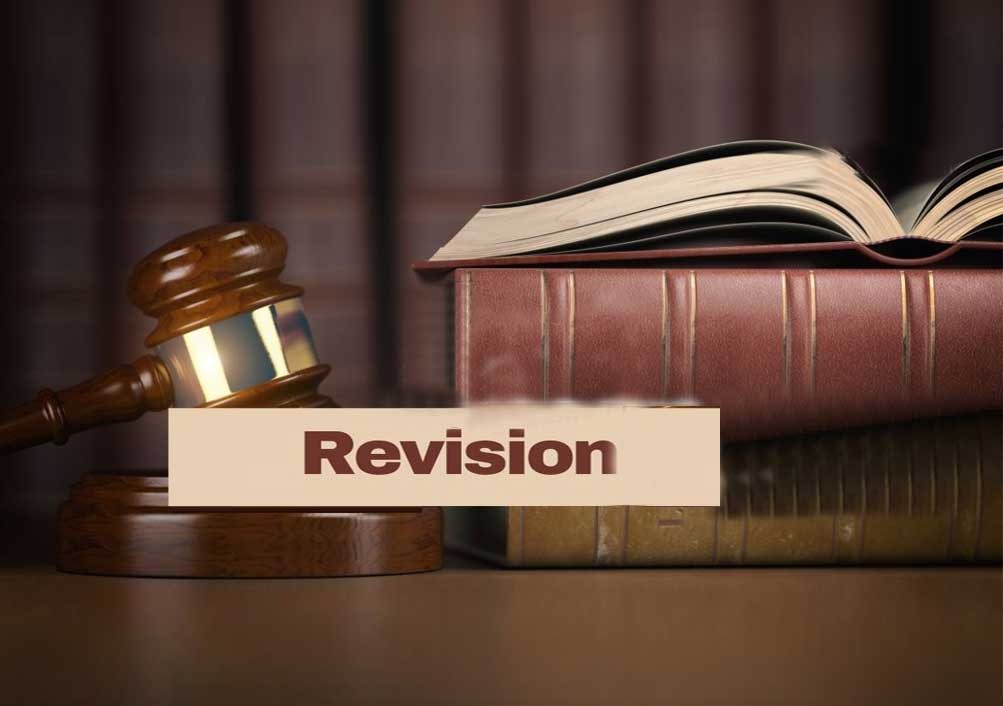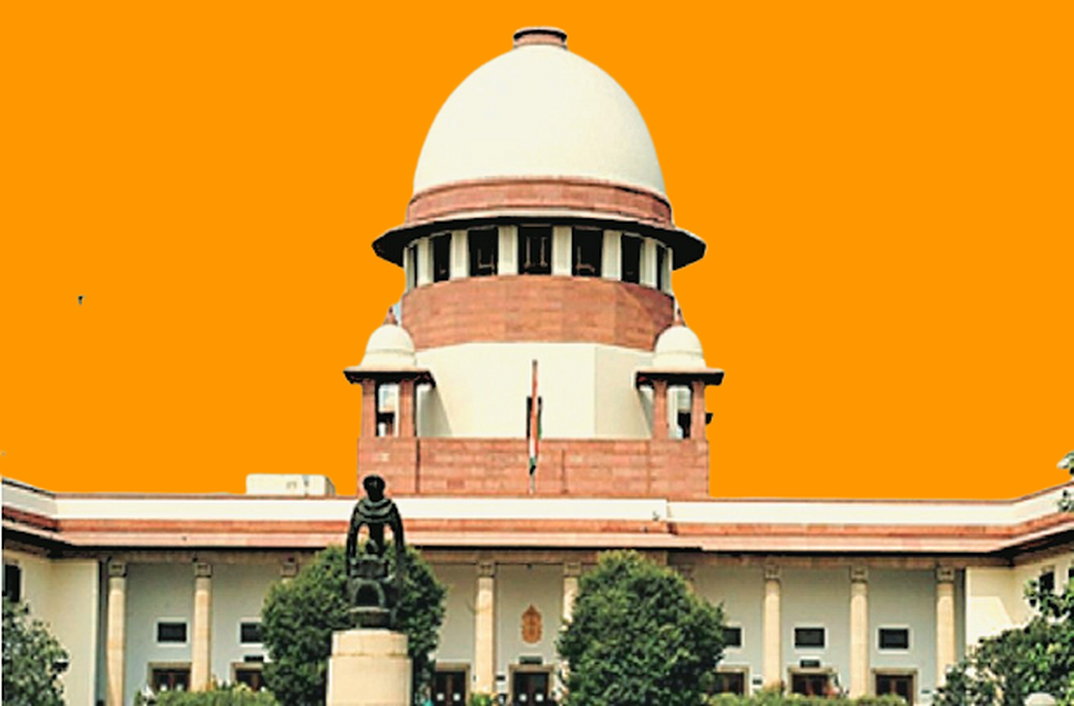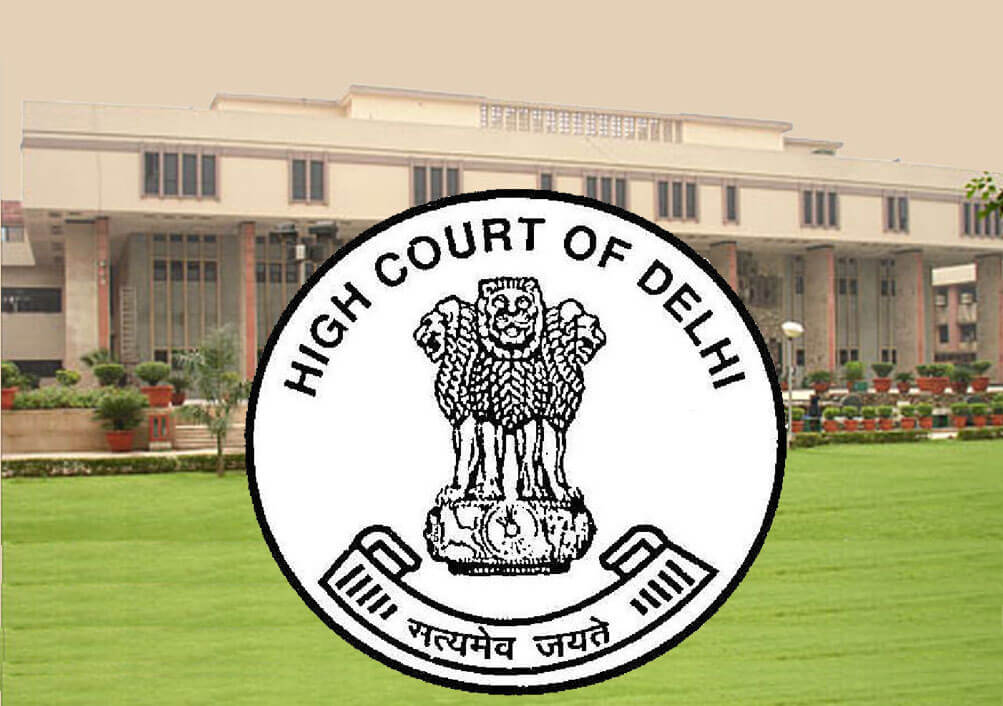In CM(M) 923/2022-DEL HC- While exercising Article 227 jurisdiction, HC is not expected to sit in appeal over orders of Courts below which are under challenge, especially where such orders are discretionary in nature
Justice C. Hari Shankar [08-09-2022]

Read Order: PRIYA KHOSLA & ANR v. RAKESH KHOSLA
Mansimran Kaur
New Delhi, September 10, 2022: The High Courts are not expected to sit in appeal while exercising jurisdiction under Article 227 of the Indian Constitution of the orders of the Courts below which are under challenge, especially where the orders are discretionary in nature, observes Delhi High Court.
A Single bench of Justice C Hari Shankar dismissed the instant petition which was instituted under Article 227 of the Indian Constitution in order to assail the order dated May 13, 2013 passed by the Joint Registrar of this Court in CS of 2011 which was the earlier avatar of the suit instituted by the respondent against various defendants of which the petitioners were Defendants 9 and 10. Consequent to enhancement of pecuniary jurisdiction of District Courts, the suit was transferred to the Court of the learned Additional District Judge.
Factual matrix of the case was such that when the suit was pending before this Court, the Joint Registrar in this Court, through order dated September 20 , 2012, condoned the delay of 106 days in filing of written statement by the petitioners (who are Defendants 9 and 10 in the suit) subject to payment of costs. Costs not having been paid, a last opportunity to do so was granted to the petitioners by the Joint Registrar on November 26, 2012. Instead of paying the costs, an application was preferred by the petitioners seeking waiver of costs, which was also dismissed by order dated December 5, 2012.
Despite this, the petitioners did not pay the costs as directed on September 20, 2012. In view thereof, the Joint Registrar through order May 13, 2013, struck the written statement filed by the petitioners (as Defendants 9 and 10) off the record.
This was the first order under challenge in the present petition. The second impugned order – dated 17th October 2017.
Consequent to the aforesaid order, on May 13, 2013, a preliminary decree was passed by a Single Judge, partitioning the suit property amongst various legal heirs, and referring the matter to a Local Commissioner to file a report regarding possibility of partition by metes and bounds. The aforesaid order was challenged, by the petitioners, by way of two proceedings, one by an application under Order IX Rule 13 of the Code of Civil Procedure, 1908 (as the preliminary decree was passed in the absence of the petitioners) and the second by way of a review application.
The application under Order IX Rule 13 of the CPC was filed by the petitioners and the review application, challenging the the preliminary decree dated September 5, 2013, was filed on October 26, 2016. In the interregnum, consequent to enhancement of pecuniary jurisdiction of District Courts, the main suit was transferred to the ADJ.
Even while, the application filed by the petitioners under Order IX Rule 13 of the CPC was pending, the ADJ, dismissed the review application, preferred by the petitioners on seeking review of the earlier. This order whereby the review application was dismissed by the ADJ constituted the second order under challenge in the present proceedings.
After hearing the submissions of the parties, the Court was of the opinion that the petition was bound to fail. It was further noted by the Court that there was no reasonable explanation, whatsoever, for the petitioners, not having challenged the orders dated May 13, 2013 and October 17, 2017 for nearly five years after the order dated October 17, 2017 had come to be passed.
Even if one were to ignore the delay of 4½ years between May 13, 2013 and October 17, 2017, on the consideration that the review application, which stood dismissed on October 17, 2017, also sought review of the order dated May 13, 2013, there was still no explanation for the petitioners remaining silent for five years even after October 17, 2017, before filing the present petition. In addition to the same, the Court also stated that the petitioners were not illiterate, or people belonging to the underprivileged strata of society who were unaware of their rights and of the law.
Mere engagement of a Counsel does not absolve the litigant of all responsibility to follow up the matter, for years on end. This was not a case in which the delay was of a few days or even of a few months, the Court noted.
As already noted, even after October 17, 2017, nearly five years passed before the present petition was filed. This was despite the fact that, in the order dated November 25, 2019, passed by the Division Bench of this Court, in the presence of Counsel for the parties, there was a specific recital to the effect that the order dated May 13, 2013 had attained finality, as no challenge to the said order was preferred till that date. Even after October 17, 2017, four years passed without petitioners deeming it necessary to challenge the order dated May 13, 2013 or October 17, 2017.
This, in the considered opinion of the Court, this case was a textbook case of laches, operating to disentitle the petitioners to relief, the Court further remarked.
Within the confines of the jurisdiction vested in this Court by Article 227 of the Constitution of India, no ground whatsoever can be said to exist for this Court to interfere. The mere fact that the trial in the suit may still be at an incipient stage cannot be a ground for this Court to interfere with the orders, if there is no reason otherwise to interfere with the said orders. Besides, the jurisdiction of this Court under Article 227 is circumscribed by the enunciation of the law contained in a veritable plethora of judgments of the Supreme Court, the Court observed.
“This Court, therefore, was not expected, while exercising Article 227 jurisdiction, to sit in appeal of the orders of the Courts below under challenge, especially where the orders were discretionary in nature. The scope of interference is heavily circumscribed”, said the Bench.
The order dated May 13, 2013 struck the written statement filed by the petitioners off the record, following the judgment of the Supreme Court in Manohar Singh’s Case(Supra) (2010) 1 SCC 53, as costs had not been paid on as many as four occasions, despite opportunities having been granted to the petitioners, the Court observed.
The impugned order dated May 13, 2013, therefore, adopts what, according to the Supreme Court, was “the appropriate course”. No exception can, therefore, be taken thereto, the Court further stated.
The order dated October 17, 2017 examined the plea for review of the order dated May 13, 2013. The only ground urged, for review of the order dated May 13, 2013, was that the father of the Counsel was seriously unwell, and that the Counsel had been unable, therefore, to communicate the requirement of payment of costs to the petitioners, the Court opined.
The ADJ observed that the review was itself unconscionably delayed. He observed that there was no explanation for the delay between May 13, 2013 and October 26, 2016, when the review application was filed, given the fact that the period of limitation for filing a review application under Article 124 of the Limitation Act, 1963 is 30 days.
Besides the fact that the decision of the ADJ was fundamentally discretionary in nature, it cannot, even otherwise, be said to be suffering from any such error of fact, law or jurisdiction as would justify supervisory correction by this Court in exercise of the jurisdiction vested in it by Article 227 of the Constitution of India, the Court further noted. The present petition, therefore, failed both on the grounds of laches as well as on merits. This petition was accordingly dismissed.
Sign up for our weekly newsletter to stay up to date on our product, events featured blog, special offer and all of the exciting things that take place here at Legitquest.




Add a Comment